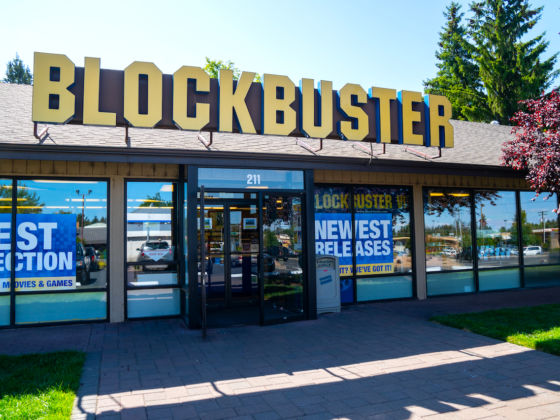I FIND MYSELF thinking, “Well, when I was a kid…” a lot these days. Technologies that once struck me as futuristic are now becoming obsolete. Even services and goods I once saw as mainstays are slowly going extinct. Below are twenty jobs, goods and services that, for better or for worse, are on the decline.
[Editor’s note: We have avoided resurrecting the whole “Print media is dying” debate, focusing instead on other dinosaurs. You’re welcome.]
